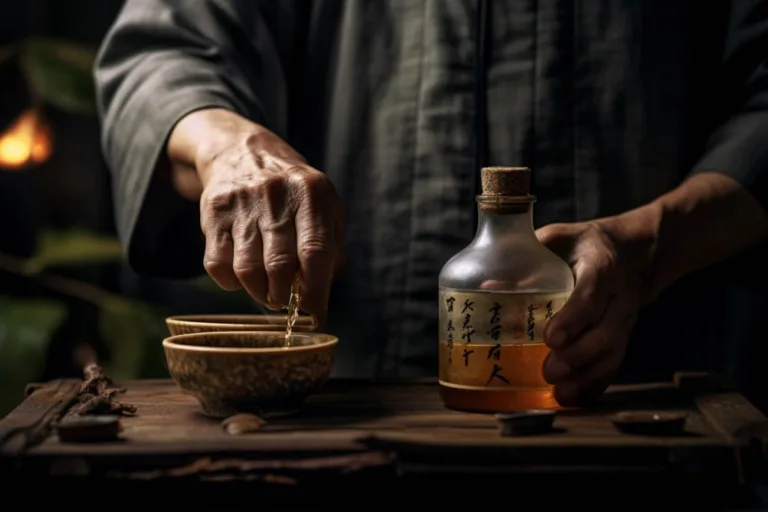Japanese whiskey has earned a well-deserved reputation for its exceptional quality and craftsmanship. With a history deeply rooted in tradition and a commitment to perfection, Japanese whiskey has become a global sensation. In this article, we will explore the fascinating world of Japanese whiskey, from its origins to its rise as a renowned spirit.
The origins of japanese whiskey
The story of Japanese whiskey begins in the early 20th century when a few visionary individuals decided to embark on a journey to create a whiskey that could rival the best Scotch and Irish whiskeys. Masataka Taketsuru, often referred to as the father of Japanese whiskey, traveled to Scotland to learn the art of whiskey-making. Upon returning to Japan, he founded the Yamazaki distillery, marking the birth of Japanese whiskey.
The distillation process
Japanese whiskey is known for its meticulous distillation process, which combines the traditional methods learned in Scotland with Japanese precision and innovation. The key steps in the process include mashing, fermentation, distillation, aging, and blending. Each step is carried out with the utmost care to ensure the final product is of the highest quality.
Distinctive characteristics
Japanese whiskey is characterized by its subtle and refined flavors. It often features notes of fruit, malt, and a delicate smokiness. The water used in the production, which is sourced from pristine Japanese springs, plays a significant role in imparting a unique character to the whiskey.
Single Malt vs. Blended Whiskey
Japanese whiskey comes in two primary forms: single malt and blended. Single malt whiskeys are made from 100% malted barley and are known for their complexity and depth of flavor. Blended whiskeys, on the other hand, combine various malt and grain whiskeys to create a harmonious and balanced profile.
Awards and Recognition
Japanese whiskey has consistently received international acclaim, winning numerous awards at prestigious whiskey competitions. Brands like Hibiki, Hakushu, and Yamazaki have become household names among whiskey enthusiasts worldwide.
The whiskey tourism boom
Japan’s whiskey industry has experienced a surge in popularity, leading to whiskey tourism becoming a significant trend. Distilleries such as Nikka and Chichibu offer tours and tastings, allowing visitors to witness the craftsmanship firsthand.
Food pairing and cocktails
Japanese whiskey is not only enjoyed neat but also shines in cocktails. Highballs, made with whiskey and sparkling water, are a popular choice in Japan. Whiskey aficionados also appreciate pairing their favorite drams with traditional Japanese cuisine, enhancing the dining experience.
FAQs
What Makes Japanese Whiskey Unique?
Japanese whiskey stands out due to its meticulous craftsmanship, the use of pure spring water, and a commitment to quality that rivals the best whiskey-producing regions in the world.
How Should I Enjoy Japanese Whiskey?
Japanese whiskey can be savored neat, on the rocks, or in various cocktails. Experiment and find your preferred way to enjoy this exceptional spirit.
Which Japanese Whiskey Brands Should I Try?
Some renowned Japanese whiskey brands to explore include Yamazaki, Hakushu, Nikka, Hibiki, and Chichibu. Each offers a unique flavor profile and experience.
Is Japanese Whiskey Expensive?
While some Japanese whiskeys can be quite expensive due to their quality and rarity, there are also affordable options available for whiskey enthusiasts on a budget.
Where Can I Buy Japanese Whiskey?
Japanese whiskey is widely available at liquor stores, both online and offline. You can also explore specialty whiskey shops for a broader selection.
Japanese whiskey’s journey from humble beginnings to global stardom is a testament to the dedication and passion of its makers. Whether you’re a seasoned whiskey connoisseur or a newcomer to the world of spirits, exploring Japanese whiskey is a delightful adventure that promises unforgettable flavors and experiences.
Viz také:






